Paris Travel Stereotypes vs. Reality: The Actual Experience
When people plan their first trip to Paris, they often come across the same warnings: watch out for pickpockets, avoid scams, brace yourself for rude Parisians, and prepare to spend a fortune on bad food in tourist traps.
These stories can be discouraging, especially if you’ve never been. But when travelers share what really happens during their visits, the picture looks very different.
Here’s a look at how those stereotypes hold up against real-life experiences.
Scams and Pickpockets
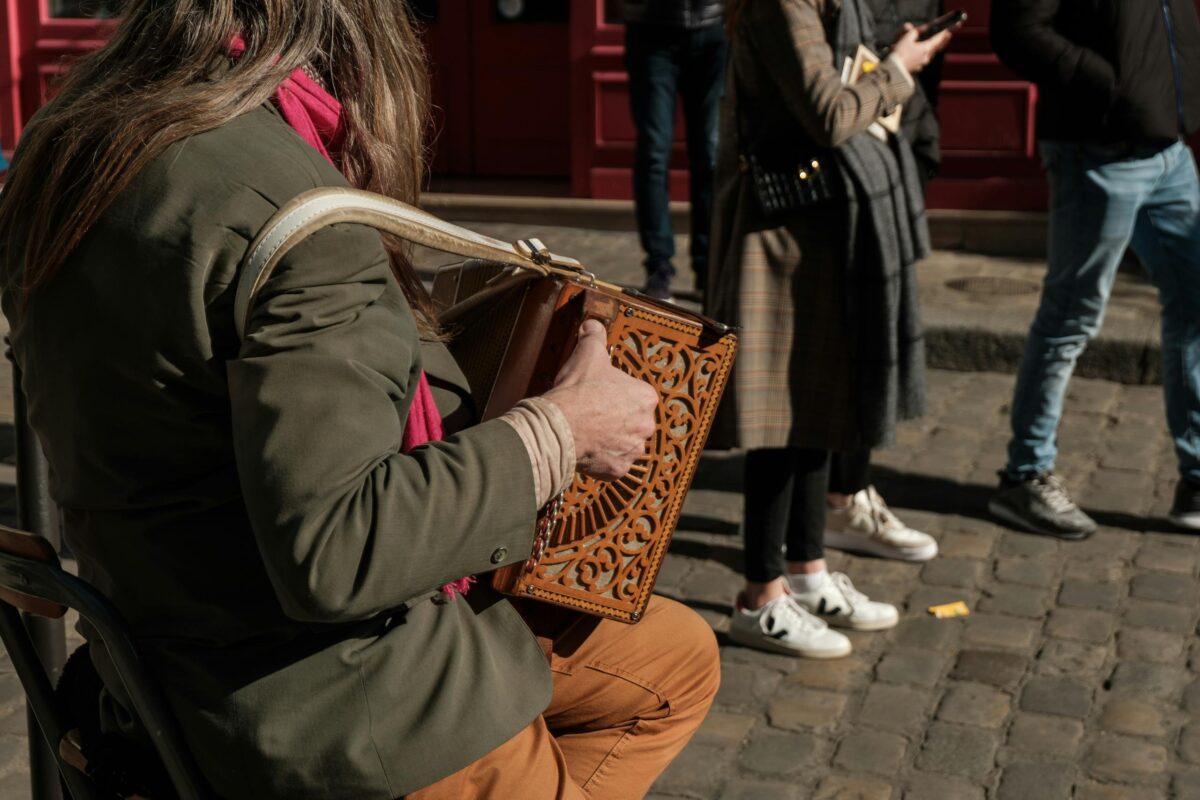
One of the most common warnings about Paris is that scams and pickpocketing are everywhere. Some travelers arrive terrified that they’ll be robbed the moment they step off the train. The reality is more mellow.
Scammers do exist, particularly around major landmarks like the Louvre, where the so-called “deaf charity” petition scam is common. They approach people with clipboards, ask for signatures, and then demand money.
In most accounts, travelers say these scammers quickly walk away if you ignore them or firmly say no.
Pickpocketing is another concern. Americans in particular seem more anxious about it, since it’s less common in the US. Most visitors remain on high alert but leave Paris without a single incident.
Scams and pickpockets exist, but they are not as unavoidable as the internet makes it sound. Staying aware, avoiding people who approach you with clipboards, and keeping an eye on belongings in the Metro is usually enough.
Do You Need French to Get By?
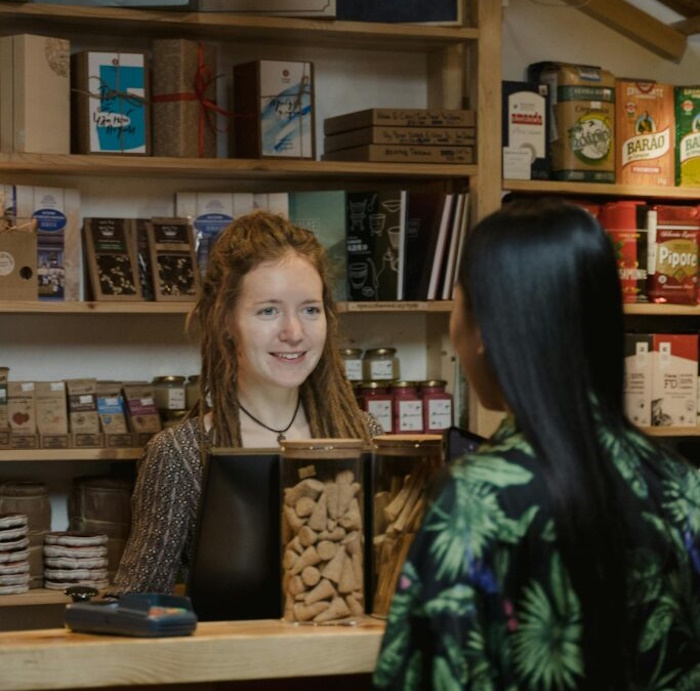
Another frequent worry is language. Advice online often contradicts itself. Some say Parisians appreciate visitors making an effort in French, others claim they quickly lose patience with broken phrases and prefer you to switch to English.
The truth lies somewhere in between. Travelers who greet with a polite “bonjour” and then ask “parlez-vous anglais?” tend to have smooth experiences.
Many Parisians switch to English without fuss, especially in busy bakeries, cafés, or shops where efficiency matters.
A few locals admit that constantly struggling with broken French from tourists would be exhausting, so they appreciate people being direct.
At the same time, a small effort goes a long way. Saying “bonjour,” “bonsoir,” or “merci” often earns smiles and warmer treatment. Just a few words of French often spark friendly conversations that boost your confidence.
Some tourists get caught off guard when a waiter replies with a long sentence in French, but even then, staff will typically switch to English with a smile.
What locals emphasize most is the importance of greeting before making requests. Asking a question without saying “bonjour” first feels jarring in French culture.
In a store, for example, if you ask a staff member for help without greeting first, you may be firmly reminded to say hello. In France, a proper greeting is the starting point of politeness.
Are Parisians Really Rude?
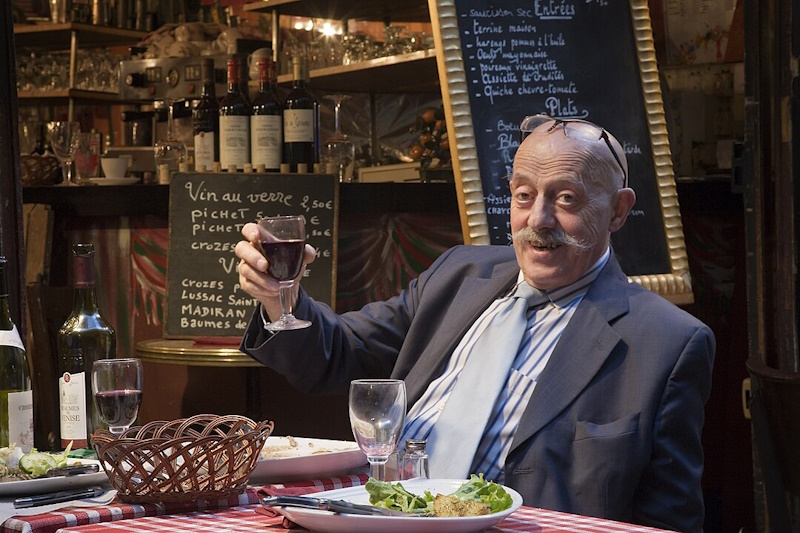
The stereotype of the rude Parisian is perhaps the strongest of all. Yet over and over, visitors describe the opposite. Staff in restaurants, shops, and cafés are polite and helpful.
Strangers are courteous. Even when someone skips the basic greeting, outright rudeness is rare.
Some suggest the “rude Parisian” image comes from cultural differences. In big cities, people are busier, less patient, and less likely to indulge small talk. Compared to the slower pace of small towns, this can feel cold.
But to locals, it’s normal city behavior, no different from New York or London.
Others point out that Paris often gets bad press from people who have never visited. Propaganda, viral “don’t go to Paris” videos, and click-driven negativity reinforce the stereotype.
Expats from other parts of France also sometimes complain about the capital, but long-term residents often say they’ve rarely encountered hostility.
Travelers frequently compare Paris to other big cities. Many say they experience far ruder treatment in New York or London. In fact, some who move from London to Paris find Parisians much friendlier.
Overpriced Tourist Traps
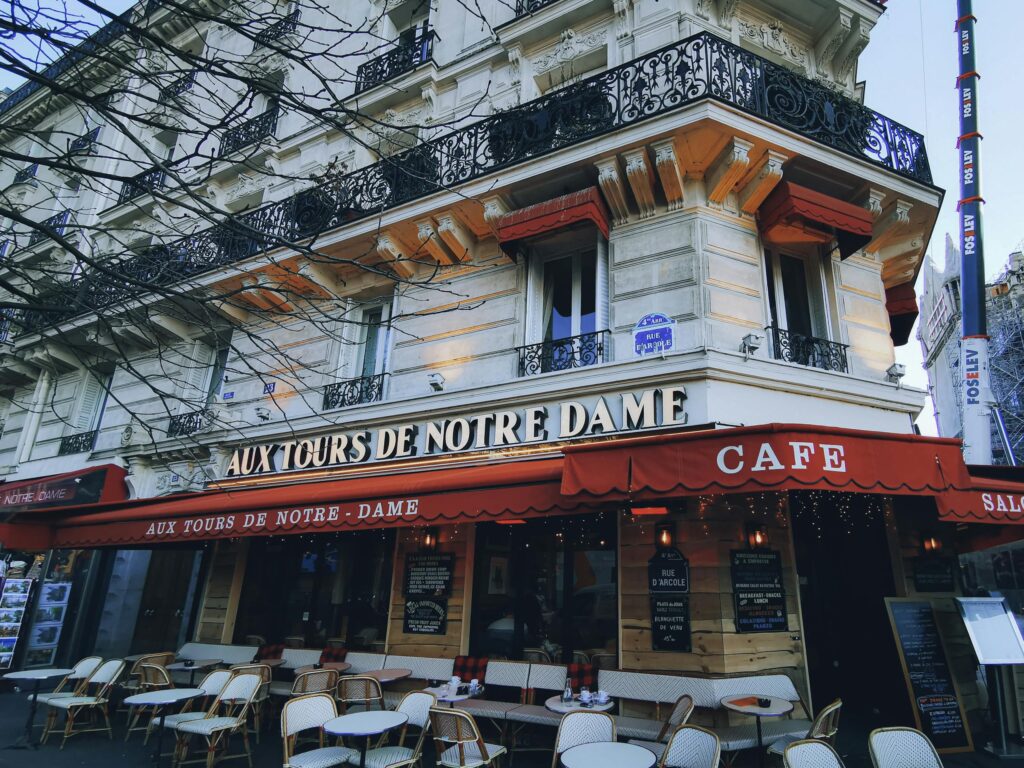
Food is another area where myths spread quickly. Warnings about overpriced cafés and waiters pushing tourists into tipping circulate widely.
Actual experiences vary, but many travelers report that prices in central Paris are comparable to what they pay at home.
The key is to choose restaurants carefully. Looking up reviews before going filters out most of the bad ones. Even in tourist-heavy areas, it’s possible to find reasonably priced meals.
Sure, you may get charged €13 for two small cups of “freshly made” iced tea near Notre Dame. Overpriced, lukewarm, and disappointing. But that’s the exception, not the rule.
As for tipping, some report that staff occasionally suggest it, especially in tourist zones, but many others say they were never asked. The French system already includes service charges in menu prices, so tipping isn’t expected.
Regular travelers describe increasing attempts at “tip begging” as an unwelcome trend imported from the US, but it remains far from universal.
Safety and Comfort
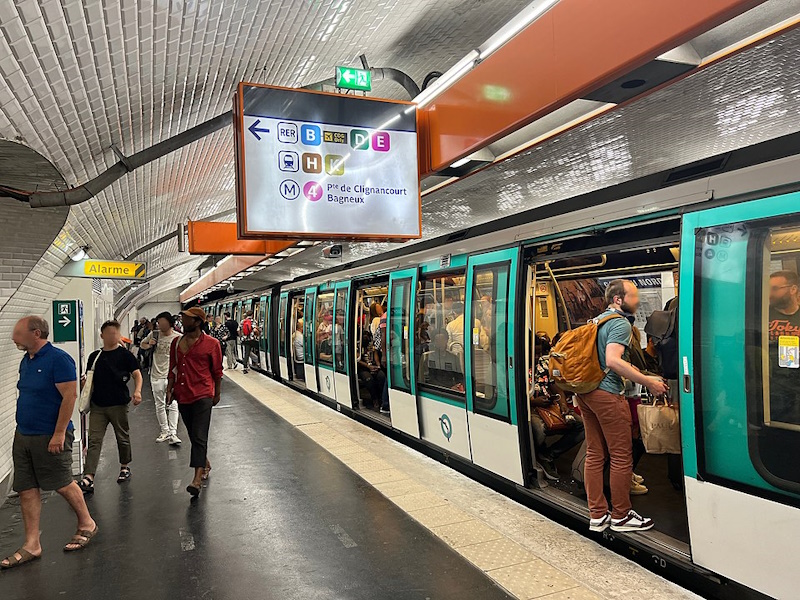
Beyond scams, visitors generally feel safe in Paris. Some feel more secure there than in their own cities. The presence of police and visible security checks at landmarks reinforces this.
Comfort, however, depends on timing. Heatwaves can be difficult. Air conditioning in Paris hotels is often weak, with swamp cooler-style units that provide little relief. Travelers compare it to someone breathing damp air at you – better than nothing, but far from modern AC systems.
Still, most describe the heat as tolerable compared to the heavy humidity of the Midwest US.
Navigating the Metro can also challenge newcomers. Maps aren’t always intuitive, and travelers often end up taking wrong trains or struggling with transfers. Using Google Maps helps make sense of the system.
The Smell of Paris
One stereotype that travelers sometimes confirm is the smell. While no one describes the whole city as stinking, certain areas do. Public bathrooms and hot summer streets can have strong odors.
Others disagree, saying the main smell they notice is food being cooked from nearby restaurants.
Why the Negative Reputation Persists
If so many people leave Paris with positive experiences, why do the negative stereotypes still circulate? A few explanations come up repeatedly.
Fear-driven videos online get more clicks. Americans unused to big-city life interpret normal urban behavior as rudeness. Expats from other parts of France sometimes complain about the capital. Political propaganda adds another layer.
In the end, actual travelers consistently report the same thing: Paris is friendly, safe, and full of wonderful experiences. Scams and rudeness exist, but they are not defining features.
